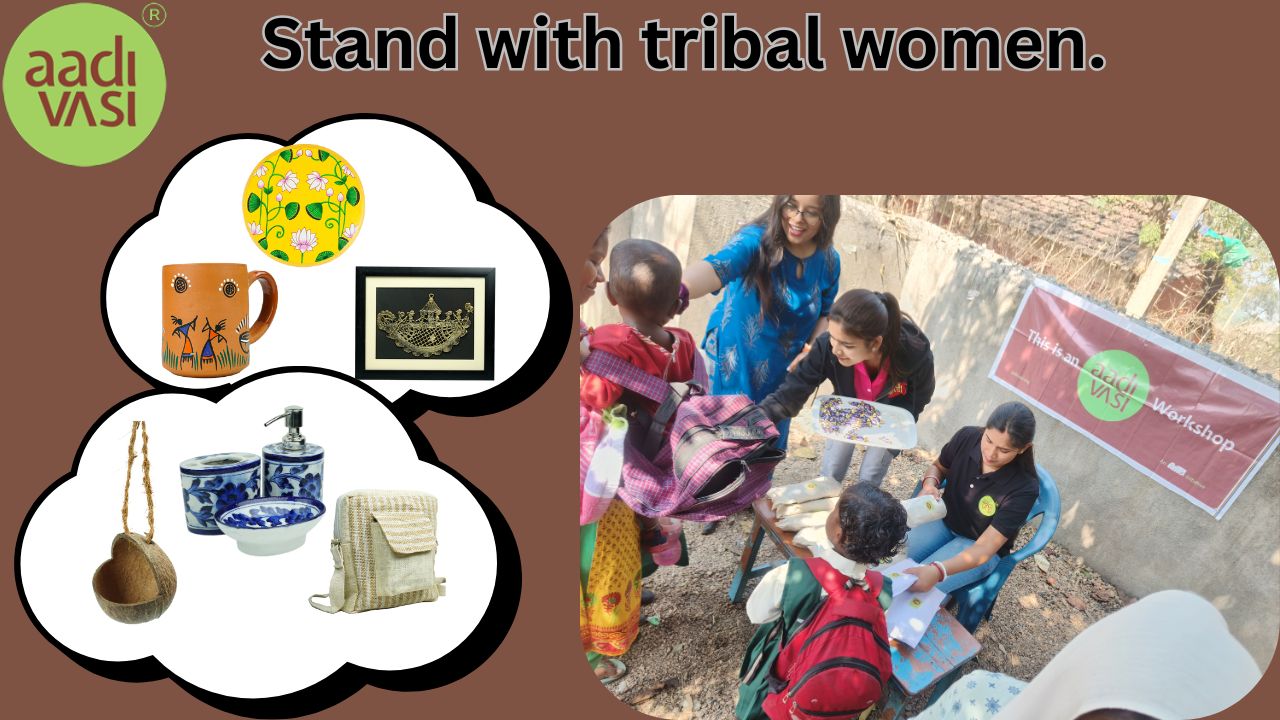No Woman Should Suffer in Silence: Tackling Period Poverty in Tribal Communities

No Woman Should Suffer in Silence: Tackling Period Poverty in Tribal Communities
Let’s talk about something that’s been ignored for too long—period poverty in tribal communities. We keep debating fitness, superfoods, and the best diets, but what about the basics? For many tribal women, even access to a clean cloth during their periods is a privilege.
The Silent Struggle: Why We Must Address Period Poverty in Tribal Areas
In the heart of India’s rural tribes, menstrual health is not just about hygiene—it’s about dignity. The lack of access to sanitary pads, water, and even awareness means that young girls skip school, women suffer from infections, and the cycle of shame continues. This is not just a health issue; it’s a social and economic one.
Breaking Taboos: The Real Picture of Menstrual Health in Tribal Villages
Tribal women are often forced to use ash, husk, or old rags during their periods, leading to infections and discomfort. Worse, many don’t even have a private space to manage their periods. While urban India debates organic tampons, these women struggle for a basic access to pads. The real conversation should be about menstrual equity for all, not just for a privileged few.
From Stigma to Support: How We Can End Period Poverty in Tribes
The good news? Solutions exist. NGOs, local communities, and even women-led initiatives are working towards providing menstrual hygiene awareness and sustainable alternatives. But this is just the beginning. To truly make a difference, we need to:
- Talk about it: Menstruation is normal. It’s not ‘dirty,’ it’s not ‘bad luck.’ It’s biology, period.
- Ensure access to hygiene products: Whether it’s affordable sanitary napkins, reusable cloth pads, or menstrual cups, every woman should have options.
- Improve sanitation infrastructure: Clean toilets, safe water, and proper disposal methods must become non-negotiables in tribal regions.
- Educate men and boys: The burden of menstrual health should not fall only on women. Men must be part of the conversation.
A Human Right: Ending Period Poverty in Indigenous Communities
Menstrual hygiene is a human right, not a luxury. Imagine if every girl in remote tribes had access to safe menstrual products. Imagine the impact on education, health, and self-esteem. No more shame, no more skipping school, no more suffering in silence. The fight against period poverty starts with awareness, action, and most importantly—acknowledging that this is a priority.
Time for Action
It’s easy to dismiss this issue when it doesn’t affect you directly. But let’s not wait for a ‘movement’ to talk about what’s already a crisis. If we truly believe in empowerment, let’s start with something as basic as ensuring menstrual hygiene for tribal women. Because change doesn’t start in boardrooms or Instagram posts—it begins where it’s needed the most.
Organizations like Aadivasi.org are already working at the grassroots level to provide sustainable menstrual health solutions to tribal women. Their initiatives focus on breaking taboos, ensuring access to hygiene products, and educating men and boys in tribal regions. Supporting such efforts is a step towards menstrual equity for all and a future where no woman should suffer in silence.

